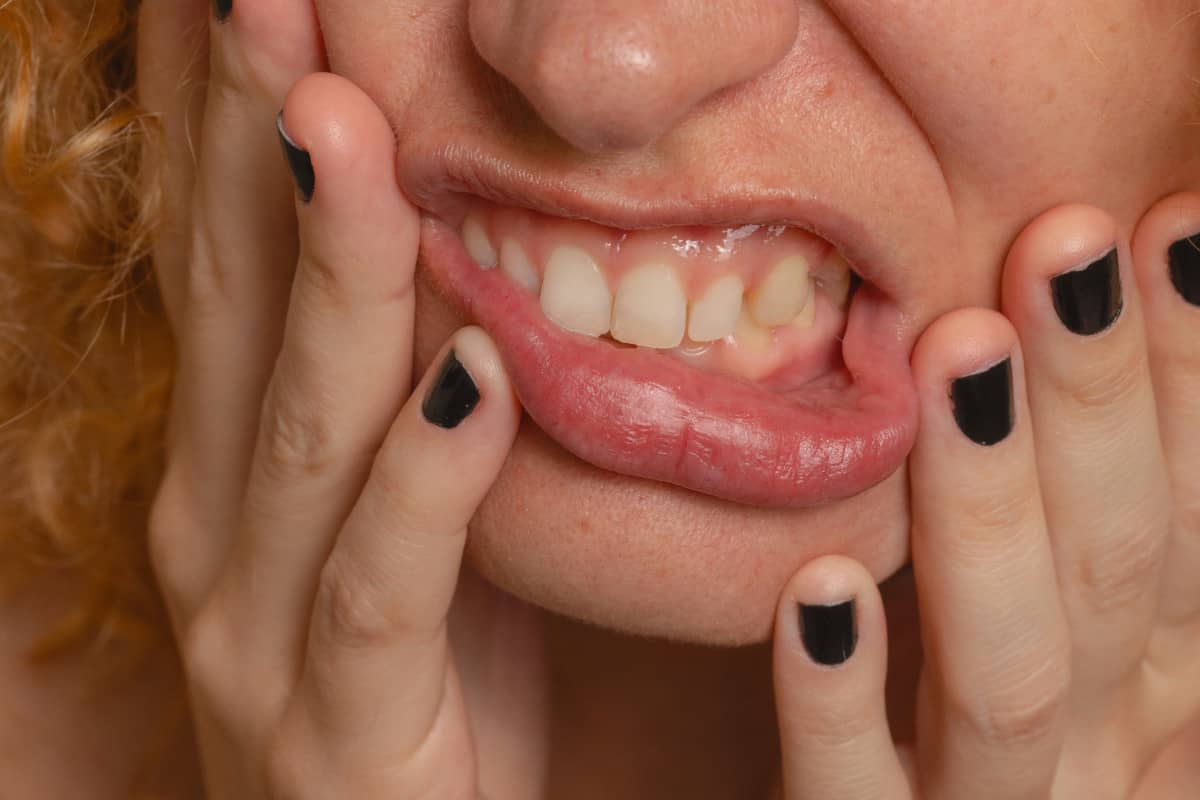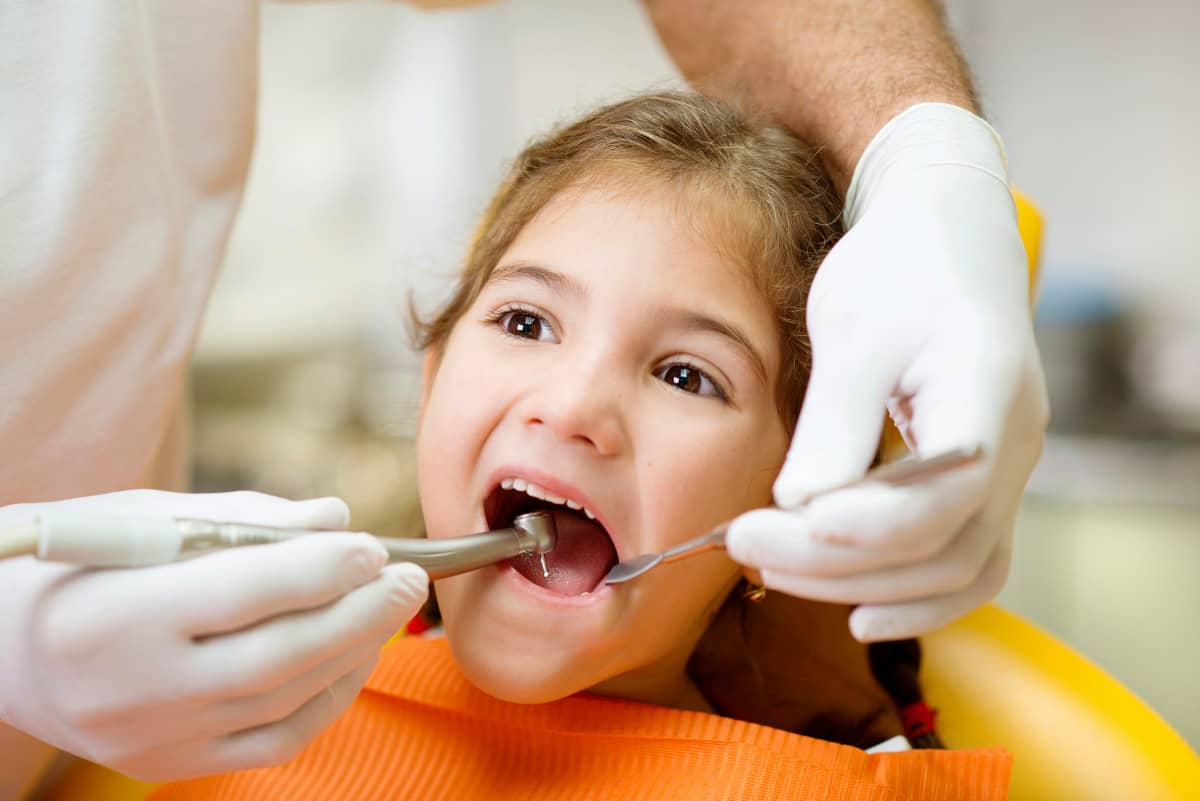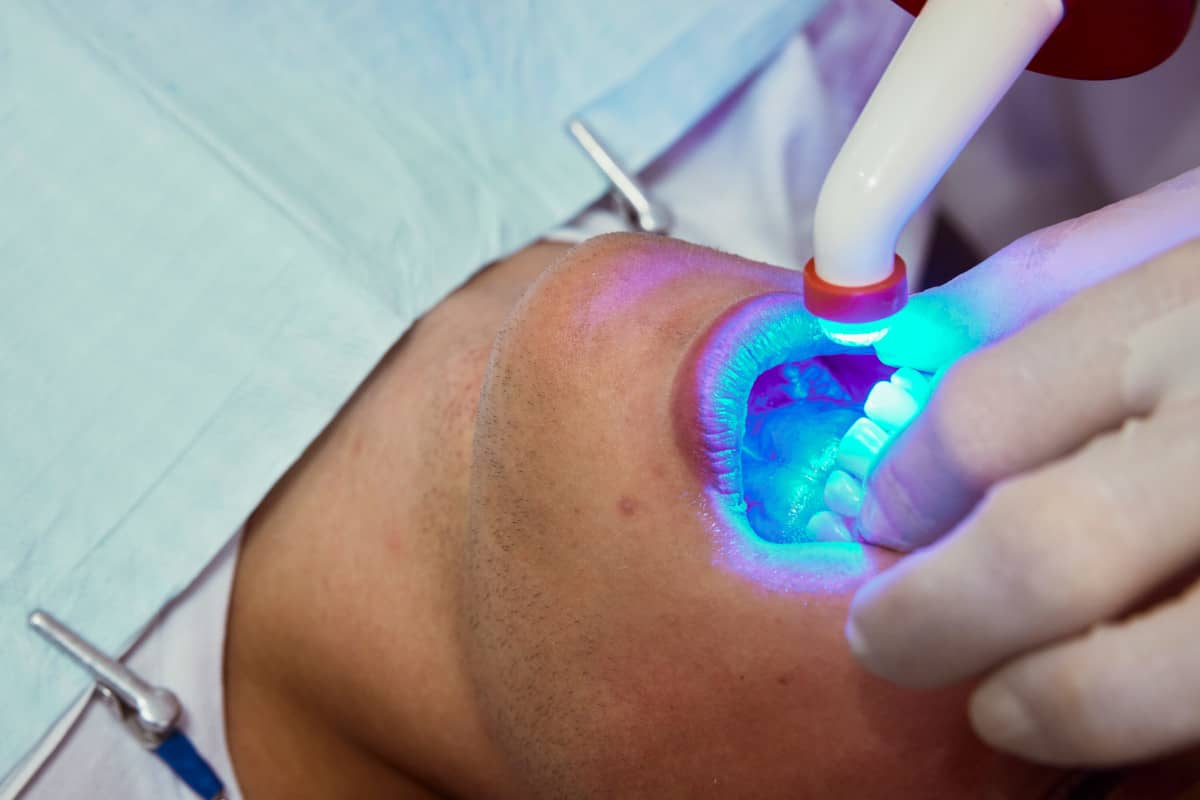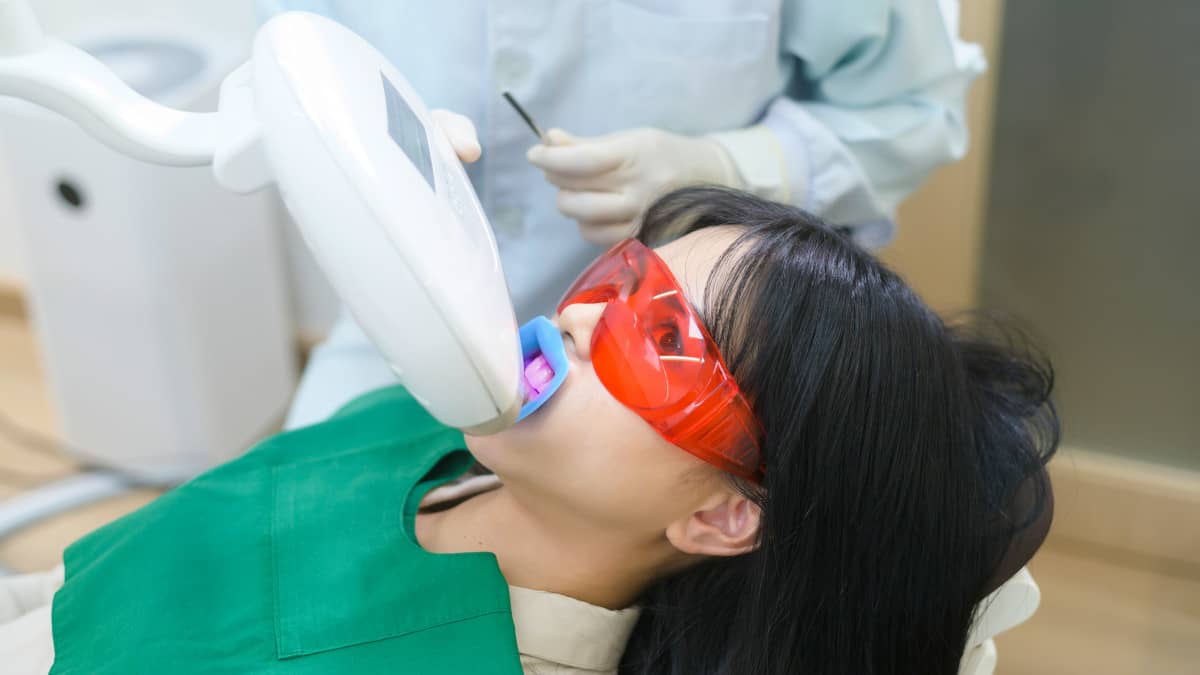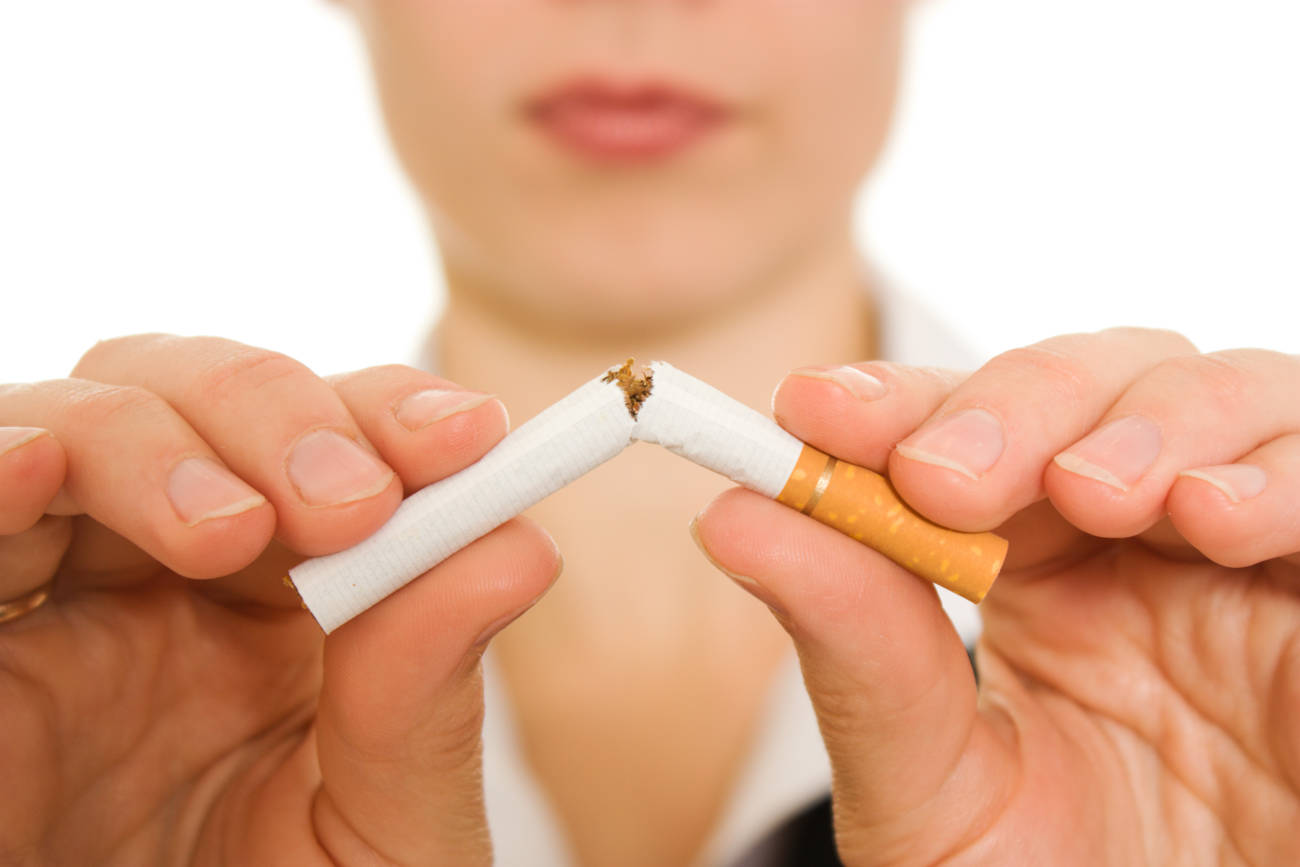
Tobacco’s impact on oral health: a preventive approach
Tobacco use is one of the most detrimental habits for overall health, and its impact on oral health can be particularly devastating. Not only does it increase the risk of systemic diseases such as cancer and cardiovascular disease, but it also causes specific problems in the mouth, which can be painful and difficult to treat. In this article, we will address how tobacco damages oral health and provide preventive strategies to mitigate these effects.
- Periodontal problems
Tobacco is a significant risk factor for the development of periodontal diseases, such as gingivitis and periodontitis. The toxic components of tobacco interfere with the normal function of gum tissue cells, impeding healing and increasing susceptibility to infection. Smokers are more likely to accumulate plaque and tartar, which can lead to chronic gum inflammation and eventually tooth loss.
- Oral cancer
Tobacco contains numerous carcinogens that can alter the DNA of cells in the mouth, significantly increasing the risk of oral cancer. This type of cancer can affect the lips, tongue, cheeks, back of the mouth and throat. Early detection is key to successful treatment, so smokers should have regular dental check-ups that include oral cancer screening.
- Cosmetic and healing problems
Tobacco use also has aesthetic effects, such as yellowing of the teeth and bad breath, which can negatively affect self-esteem and social interactions. In addition, smoking impairs the body’s ability to heal, which can complicate recovery after dental procedures such as extractions, implant placement and oral surgery.
Preventive strategies
Fortunately, there are steps smokers can take to minimise the impact of tobacco on their oral health:
- Smoking cessation: Obviously, the most effective measure is to quit smoking. Dental health professionals can offer support and resources, including cessation programmes, medications and nicotine replacement therapies.
- Rigorous oral hygiene: Smokers must be particularly diligent in their oral hygiene. This includes brushing teeth at least twice a day with fluoride toothpaste, flossing daily and rinsing with an antibacterial mouthwash.
- Regular dental check-ups: It is crucial for smokers to have regular dental check-ups and professional cleanings. These visits allow for early detection and treatment of problems, as well as screening for oral cancer.
- Healthy diet: Maintaining a diet rich in fruits, vegetables, vitamins and minerals can help strengthen the immune system and promote good oral health.
- Education: Knowing the risks associated with smoking can motivate individuals to seek help to quit. Dentists and other health professionals can provide information and education about the effects of tobacco on oral health.
Taking a preventive approach is essential to mitigate the oral health risks of tobacco. By quitting smoking and following proper oral hygiene practices, individuals can significantly improve their quality of life and reduce the risk of serious dental problems. Dental health professionals play a crucial role in educating and supporting our patients to overcome this destructive habit and achieve a healthy mouth.
Make an appointment at Clinicas Udemax and choose the location that best suits you: Udemax in the outpatient clinics of Policlínica Juaneda, in Arcdental or in Emardental, your clinic in the centre of Palma. For more information, call us on .

